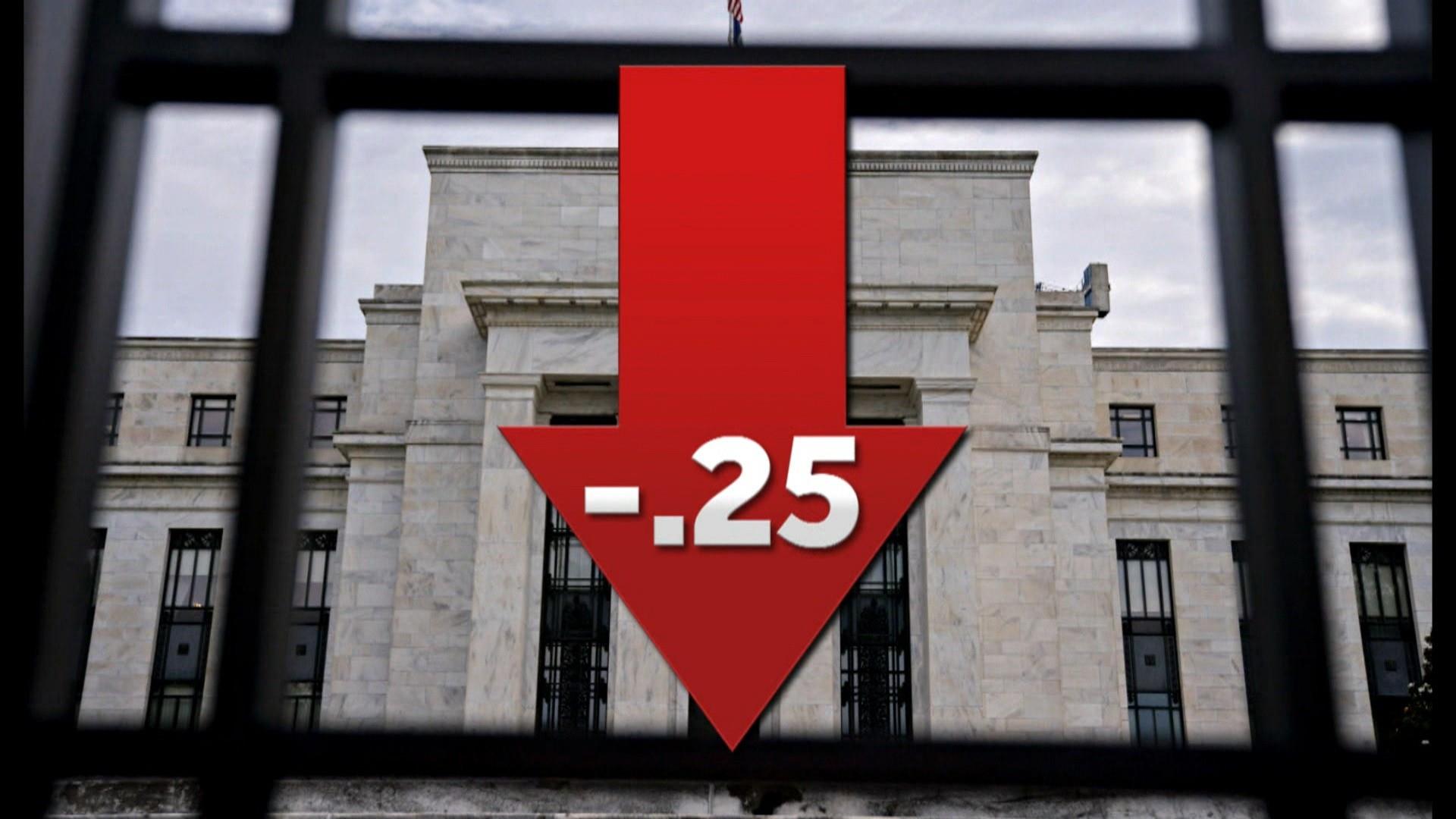
Is America’s Interest Rate Cut a Cleanup of the Trade Dispute Mess?
(Japan) on 5 August 2019
by (link to original)
Last week, America decided to lower interest rates for the first time in about half a decade. Jerome Powell, the chairman of the Federal Reserve, explained that he was aiming for “insurance” against the risks posed by weakening growth in the global economy and uncertainty surrounding trade.
The American economy is more or less satisfactory, but the inflation rate is falling short of targets, and this is a preventive move in anticipation of future events. It is said not to be the beginning of continuous interest rate decreases.
This week’s decision throws into relief the distress of the Fed as it is yanked around by Trump.
First, the uncertainty over trade is a consequence of Trump’s protectionist policies. The Sino-American dispute still lacks a safe landing ground and is the source of the opacity in the global economy.
Furthermore, Trump baldly pressured Powell to lower interest rates while dangling his dismissal before him. The Fed has a strong degree of independence, but the government has ways to influence it, for instance through personnel decisions.
At a press conference after the rate lowering, Powell stated that “political considerations play no role whatsoever” and evaluated only the impact of trade on the economy, refraining from criticizing policy. Considering his position, he might have had no choice but to say this.
Meanwhile, Trump felt that rates were not lowered enough, tweeting, “As usual, Powell let us down.”
The following day, he announced that the fourth battery of additional duties on China would take effect in September. Stocks plunged deeply in financial markets, and the yen continued to strengthen against the dollar to avoid risk.
Whatever the reason might be, as a support for the economy and prices, this interest rate lowering has a certain meaning. On the other hand, the American stock market seems overheated – prices hit a record high in July. If you include corporate debt, the fear that financial uncertainty will increase cannot be rejected, along with the fear that the cleanup of the trade dispute mess is a steep tab to pay.
It is not only the Fed that is under pressure to respond. In July, the European Central Bank’s governing council hinted at a rate drop in the near future. Factor in the Sino-American trade dispute, and the environment is ripe for the yen to continue strengthening.
At the Bank of Japan’s financial policy determination meeting last week, the bank explained that it “would not hesitate to take additional financial relaxation measures,” in case the possibility increased that forces aimed at stabilizing prices were damaged, thereby covering itself.
But in reality, is there anything we can do if the economy worsens and the yen keeps strengthening? We must hurry with our discussions of the advantages and drawbacks of the policies we could take.


